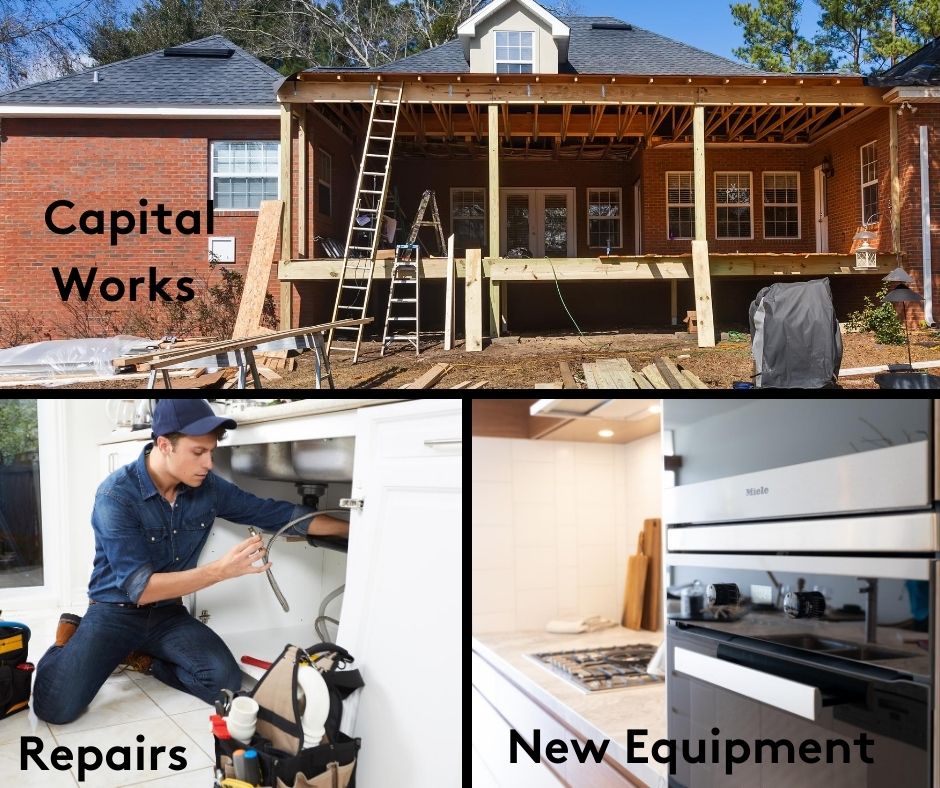
Understanding Repairs vs Capital Works Deductions
By now, you’ve gathered that tax depreciation is the highest form of non cash deductions you can claim. On average investors can claim thousands of dollars in depreciation to offset rental income from residential properties.
When you own a rental property, you don't just own the land and the building, but also things in the building, such as the carpets, blinds, white goods, hot water system and much more. As your tenants use these assets, their value declines. These items are known as depreciating assets, and their decline in value can be claimed as a deduction over a number of years, usually for their effective life.
There are two types of deductions you can claim on your taxes in relation to rental properties – Repairs and Capital Works.
Repairs to existing structures or items in your investment properties can be claimed only in the financial period they occur. So, keep your invoices and good records of expenses. These include any maintenance work or products purchased to fix items involving trade work including plumbing, painting, tiling, carpentry, roofing or electrical.
Capital Works
Whereas major additions to your property involving construction for extensions or renovations are considered capital works. Depreciation allowances on Capital Works (Division 43) would apply, and claimable for up to 40 years.
You can also claim depreciation on new assets purchased to replace old or damaged items in investment properties over several years.
For example:
- Floor coverings, carpet - 8 years
- Home automation control assets - 10 years
- Hydronic assets, controls – 10 years and water heater - 15 years
- Skylights controls and motors - 10 years each
- Dishwasher, microwave oven - 8 years each
- Washing machine - 8 years
- Clothes dryer - 7 years
- Swimming pool assets, blankets – 8 years
- Swimming pool assets, chlorinators, filtration including pumps 10 years each
- Rainwater tanks, galvanised steel - 25 years and polyethylene - 15 years.